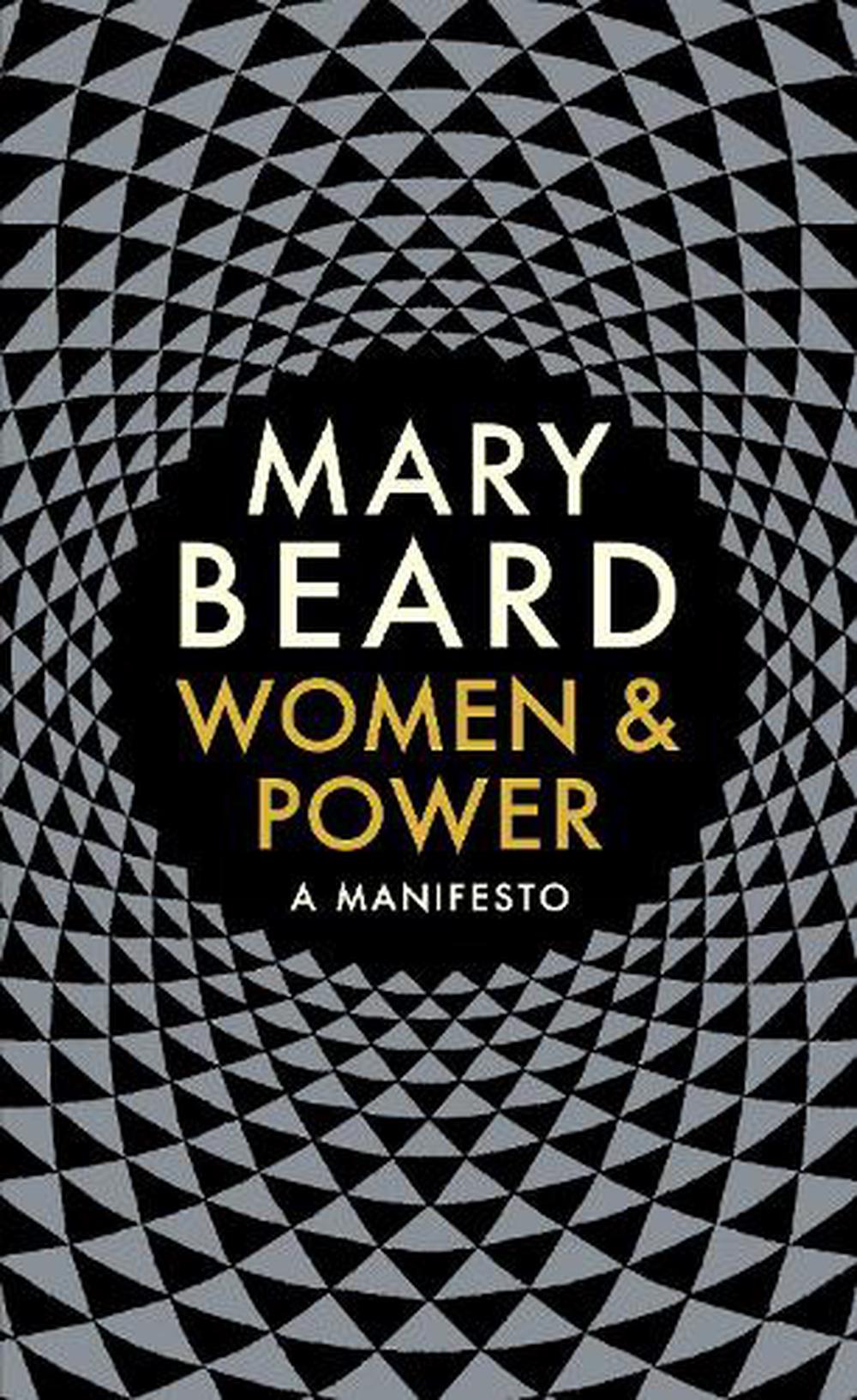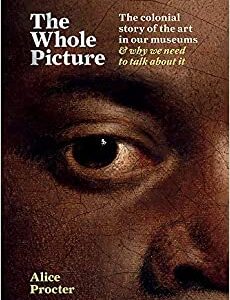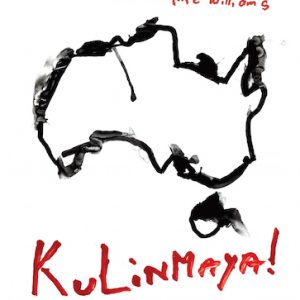Description
Winifred Mary Beard (born 1 January 1955) is Professor of Classics at the University of Cambridge and is a fellow of Newnham College. She is the Classics editor of the Times Literary Supplement, and author of the blog “A Don’s Life”, which appears on The Times as a regular column. Her frequent media appearances and sometimes controversial public statements have led to her being described as “Britain’s best-known classicist”.
Mary Beard, an only child, was born on 1 January 1955 in Much Wenlock, Shropshire. Her father, Roy Whitbread Beard, worked as an architect in Shrewsbury. She recalled him as “a raffish public-schoolboy type and a complete wastrel, but very engaging”. Her mother Joyce Emily Beard was a headmistress and an enthusiastic reader.
Mary Beard attended an all-female direct grant school. During the summer she participated in archaeological excavations; this was initially to earn money for recreational spending, but she began to find the study of antiquity unexpectedly interesting. But it was not all that interested the young Beard. She had friends in many age groups, and a number of trangressions: “Playing around with other people’s husbands when you were 17 was bad news. Yes, I was a very naughty girl.”
At the age of 18 she was interviewed for a place at Newnham College, Cambridge and sat the then compulsory entrance exam. She had thought of going to King’s, but rejected it when she discovered the college did not offer scholarships to women. Although studying at a single-sex college, she found in her first year that some men in the University held dismissive attitudes towards women’s academic potential, and this strengthened her determination to succeed. She also developed feminist views that remained “hugely important” in her later life, although she later described “modern orthodox feminism” as partly “cant”. Beard received an MA at Newnham and remained in Cambridge for her PhD.
From 1979 to 1983 she lectured in Classics at King’s College London. She returned to Cambridge in 1984 as a fellow of Newnham College and the only female lecturer in the Classics faculty. Rome in the Late Republic, which she co-wrote with the Cambridge ancient historian Michael Crawford, was published the same year. In 1985 Beard married Robin Sinclair Cormack. She had a daughter in 1985 and a son in 1987. Beard became Classics editor of the Times Literary Supplement in 1992.
Shortly after the 11 September 2001 attacks on the World Trade Center, Beard was one of several authors invited to contribute articles on the topic to the London Review of Books. She opined that many people, once “the shock had faded”, thought “the United States had it coming”, and that “[w]orld bullies, even if their heart is in the right place, will in the end pay the price”.[4] In a November 2007 interview, she stated that the hostility these comments provoked had still not subsided, although she believed it had become a standard viewpoint that terrorism was associated with American foreign policy.[1]
In 2004, Beard became the Professor of Classics at Cambridge.[3] She is also the Visiting Sather Professor of Classical Literature for 2008–2009 at the University of California, Berkeley, where she has delivered a series of lectures on “Roman Laughter”.[5]
Published by Profile Books, 2018. 127 pages, Paperback





